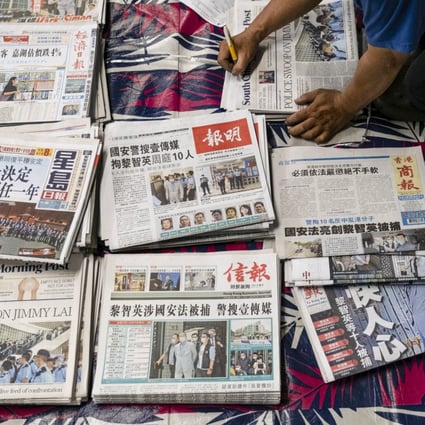Master’s thesis at IHEID

Image source: South China Morning Post
Abstract
Asylum seekers (or formally non-refoulement claimants) have started to draw attention in Hong Kong’s public debate since early 2016 after a senior official from the Immigration Department claimed that the city’s mechanism of screening asylum seekers was being abused. Not unseen in other places, this group of vulnerable population has then started to be portrayed by some media outlets pejoratively, such as being questioned for the genuineness of their non-refoulement applications as “fake refugees”. When Hong Kong embroiled into one of its largest conflict between pro-democracy protesters and the HKSAR Government in 2019 and both the pro-Beijing and opposition camps manifested their respective political ideology saliently, how might the depiction of non-refoulement claimants vary according to a media outlet’s affiliated political camp which has its own conception of Hong Kong’s national identity? This thesis aims to investigate this question by using machine-learning-based sentiment analysis on news articles reporting on non-refoulement claimants published in 2019 by printed newspapers in Hong Kong. It is found that, in general, pro-Beijing media outlets were more likely to portray non-refoulement claimants negatively than outlets with other political stances. With the promulgation of the National Security Law in mid-2020 and the recent closures of several pro-democracy newspaper outlets, one can expect that the narrative on asylum seekers in Hong Kong will be further dominated by pro-Beijing media outlets, thereby potentially fostering a more hostile social environment against those who seek refuge in Hong Kong due to facing threats of tortures in their home countries.